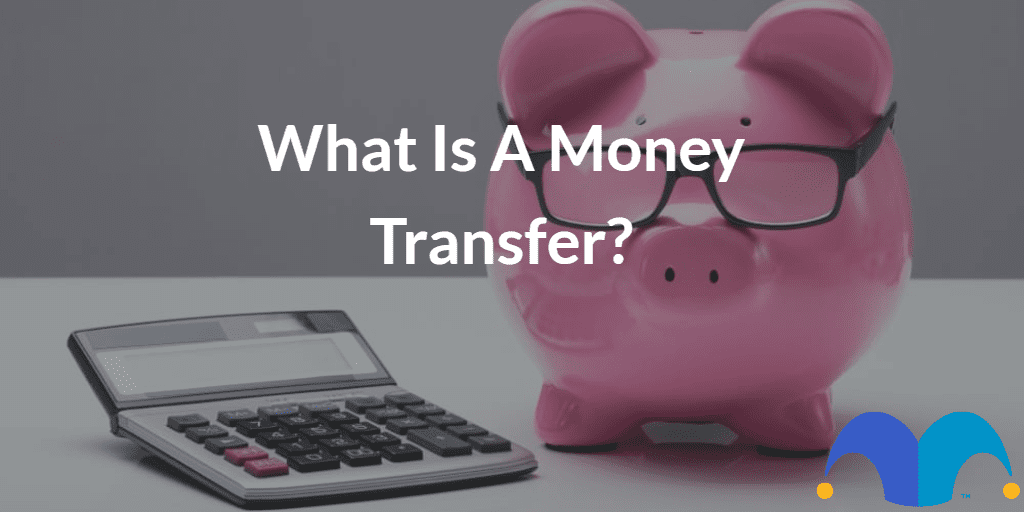A money transfer is a handy, quick and safe way to move cash from your credit card to your bank account. It is ideal if you are in a bind and need cash immediately, but don’t have it to hand. Here is how it works and how to decide if it’s right for you.
What is a money transfer?
A money transfer is when you transfer money from your credit card directly to your bank account. You can only transfer money to a current account in your name in the UK, not to other accounts in the UK or abroad.
The money you transfer becomes part of your credit card balance. It will need to be repaid just like any other spending on your credit card. Once the money is in your bank account, you are free to use it as you choose.
Is it available to all customers?
No. Money transfers are not available on all credit cards or to all customers, and they are subject to eligibility.
When might I need to use a money transfer?
A money transfer can come in handy in two major situations:
- You need funds in your current account to pay an unexpected bill
- You need to pay for something and the establishment doesn’t accept credit cards.
How much can I transfer?
The typical minimum amount allowed is £100. The maximum is usually up to 93% of your credit limit. This is done to leave room for any potential interest or fees. Once your transfer has been processed, you cannot cancel it, and any fees incurred cannot be returned.
What are the fees?
When it comes to money transfers, there are two main costs to be aware of:
- Transfer fee: This is usually a small percentage (up to 5%) of the amount that you are transferring. This is added to your balance at the time of the transfer.
- Interest: whether you pay this depends on whether or not you have a 0% deal on the card. If you have a 0% deal, then you won’t pay any interest on the amount transferred until the deal ends. However, if you do not have a 0% deal, then the amount you transfer will be charged at the standard interest rate applicable at the time until repaid. You won’t have to pay any interest on your balance, including any money transfers, if you pay off your entire credit card balance in full each month.
Is a money transfer right for me?
Before you decide to carry out a money transfer, read the fine print and run the numbers first to see whether it is right for you, as there could be other options that are better suited to your needs.
You can start by checking the money transfer fee and the interest applied (if any). Many credit card providers will tell you upfront what these charges are.
What else do I need to know?
Unlike purchases paid for directly using your credit card, purchases made using money transferred to your current account from your credit card are not protected by Section 75 of the Consumer Credit Act. That’s because you will be essentially making purchases from your current account rather than your credit card, and these do not qualify for protection.
If you are interested in learning more about money transfers, check out our top-rated money transfer credit cards.
